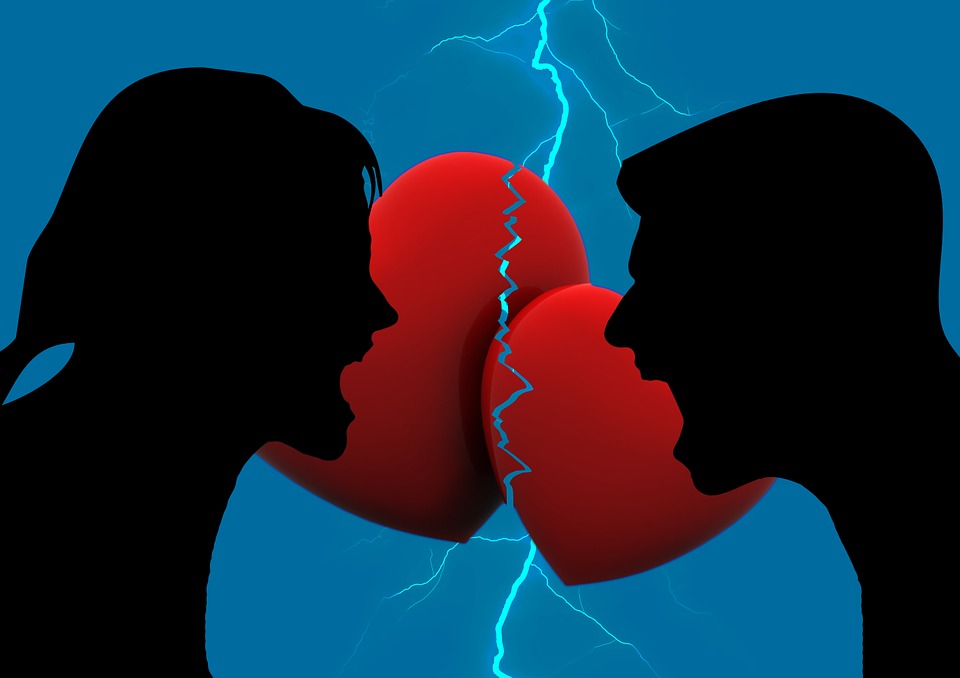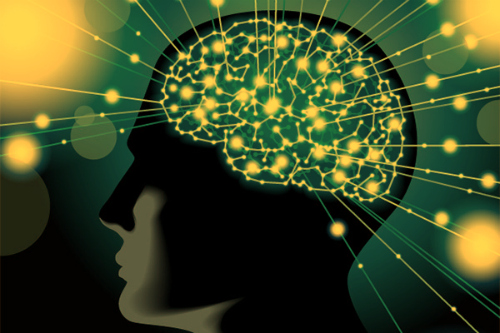
Forgiveness is a gift we give to ourselves that helps us live more peace-filled, healthier lives.It has been scientifically proven to decrease depression, increase hopefulness, decrease anger, increase self-confidence, improve relationships, and decrease stress. It may also reduce physical symptoms of illness, decrease heart disease and increase immune function. There are many excellent books on the subject to assist with and facilitate the process of forgiving the unforgiveable.
Healing Power
Dr. Luskin is the author of the book Forgive for Good, and a world renowned researcher on the subject of forgiveness. His scientific studies demonstrate the healing power and health benefits from the process of forgiving others for actual or perceived transgressions against us or those we love. Dr. Luskin was the lead researcher on a study in Ireland that included individuals from both sides of Northern Ireland’s civil war. These individuals had all lost a loved one due to this civil conflict.
In his groundbreaking book, “Forgive for Good”, he outlines what forgiveness is—and, what it is not:
- “Forgiveness is for you and not the offender”
- “Forgiveness is about your healing and not about the people who hurt you”
- “Forgiveness is taking responsibility for how you feel”
- “Forgiveness is a trainable skill – just like learning to throw a ball”
- “Forgiveness is a choice”
- “Forgiveness is not condoning unkindness or poor behavior”
- “Forgiveness is not forgetting that something painful has happened”
- “Forgiveness does not mean reconciling with the offender”
- “Forgiveness does not mean giving up your feelings”
Learning to forgive starts with understanding the true nature of forgiveness.So then what does forgiveness mean? Forgiveness means being willing to find new ways to experience “justice” and to choose not to be victimized by other’s choices or actions.
A New Perspective
It can also mean experiencing an event from a different perspective, which allows us to reclaim our life from the depths of our suffering, loss or despair. This leads to the recognition that while people can do the unimaginable, much of what we experience in our lives is perceived hurt of rejection that causes us not to forgive another. Perceieved meaning that the hurt we feel might not have been intended.
FREE Whole Health Consultations available.
888-354-4325 Take charge of your health!



